
Fortune News | Nov 25,2023
Jan 14 , 2023
By Halima Abate (MD)
The COVID-19 pandemic has highlighted the importance of sustained investments in emergency preparedness. It significantly impacted economic activities and lowered resource availability for investments in health and well-being, creating a mutually reinforcing negative spiral and inherent trade-off. It also illuminated how critical health systems are to the economy and how under-investments enabled health security to be challenged.
It has amplified several vulnerabilities and setbacks, where consideration of Health Systems Strengthening (HSS) and health security plan, including mobilisation of domestic resources to ensure health systems are consolidated and resilient to any shocks. Resilience is not just about shocks–but requires systems to anticipate, preempt and promptly respond to ever-increasing and more diverse threats such as non-communicable diseases and climate change's impact, motioning the value beyond pandemic and other exogenous shocks.
COVID-19 is not the last pandemic, and pandemic preparedness and response are quintessential "global public goods" as the risk of resurgence remains. With population growth, urbanization, climate change, and animal–human connection, contests in the health system frameworks are inevitable.
Intuitively speaking, the development of health systems frameworks over time reflects changing ideas about the goals of health systems and which actors and functions they encompass. They reflect societal ideas of how health systems should be organized, the influence of a changing constellation of actors in global health, and the power and resources they wield with shifting priorities and goals.
The boundaries of what constitutes health systems are expanding and need to be reimagined as systems that create healthy populations and health security. With the growing realisation of the multiple links between health and well-being, it is vital to rethink how health systems can address social, economic, environmental and commercial drivers of health that are critical to securing and enabling healthier societies.
We must reimagine and identify concrete actions to ensure health security and healthy populations. Developing systems is not a small or easy task. It requires stakeholders to reshape and refresh their efforts demanding different, perhaps radical, political choices.
Well-functioning health systems are characterized by high levels of trust between governments, and populations, including between purchasers and healthcare providers. Providing access to the services envisioned in Universal Health Coverage (UHC) lays the foundation for improving security and creating healthy populations, making it necessary but insufficient. This might leverage resources for global health security with better capture of national contributions to a significant global public good.
Revision of the current health systems, demonstrating how broader socioeconomic and political forces have influenced and shaped the understanding, is crucial. This should include trust and power, the role of communities and rights-based approaches, the integration of health systems with other sectors, consideration of global impacts on national health systems, and the role of international cooperation.
Hence, looking at the health system beyond the health sector, a call for recognition of macroeconomic determinants of health in the economy is essential. Identifying the linkage between health emergencies and their impact on global health security is needed. The world's interconnectedness illustrates the centrality of health security with possible synergies making the distinction between healthy populations and health security entirely artificial.
Effective leadership in achieving universal health coverage through consideration of policy alignments with the prioritized community and implementers' perspectives will reshape and refresh the efforts.
PUBLISHED ON
Jan 14,2023 [ VOL
23 , NO
1185]

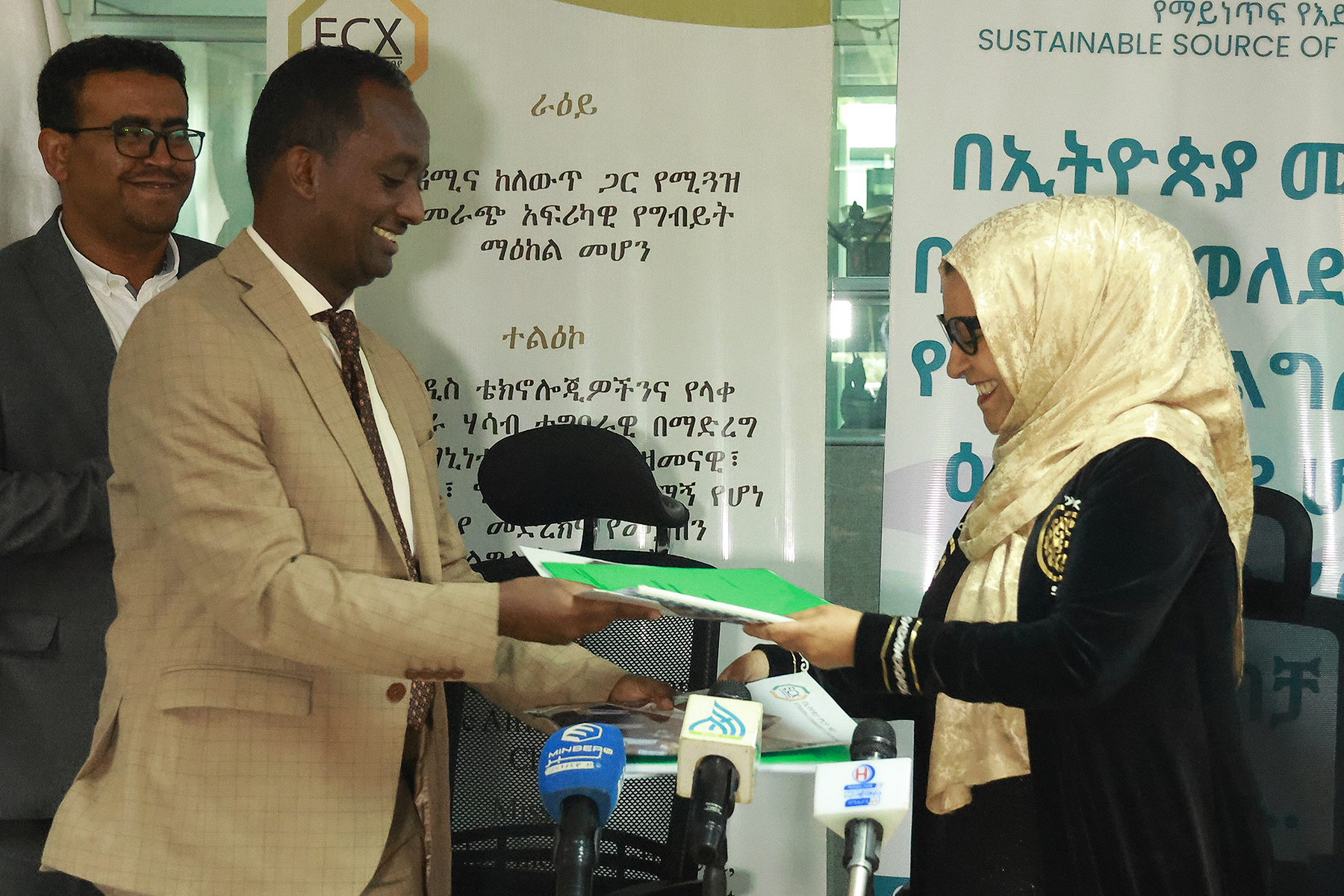
Radar | Apr 08,2024

Editorial | Jul 01,2023

Fortune News | Jan 02,2021
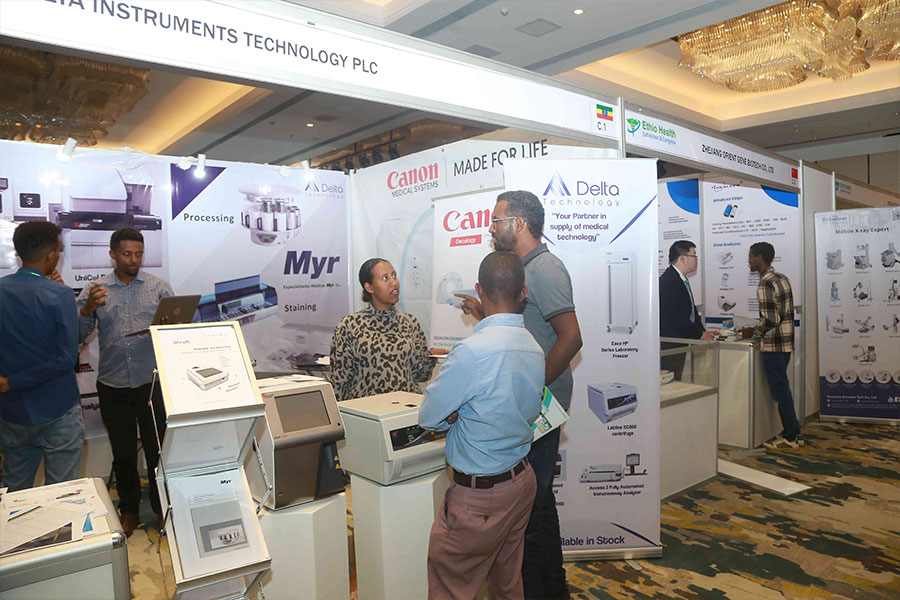
Radar | Mar 04,2023
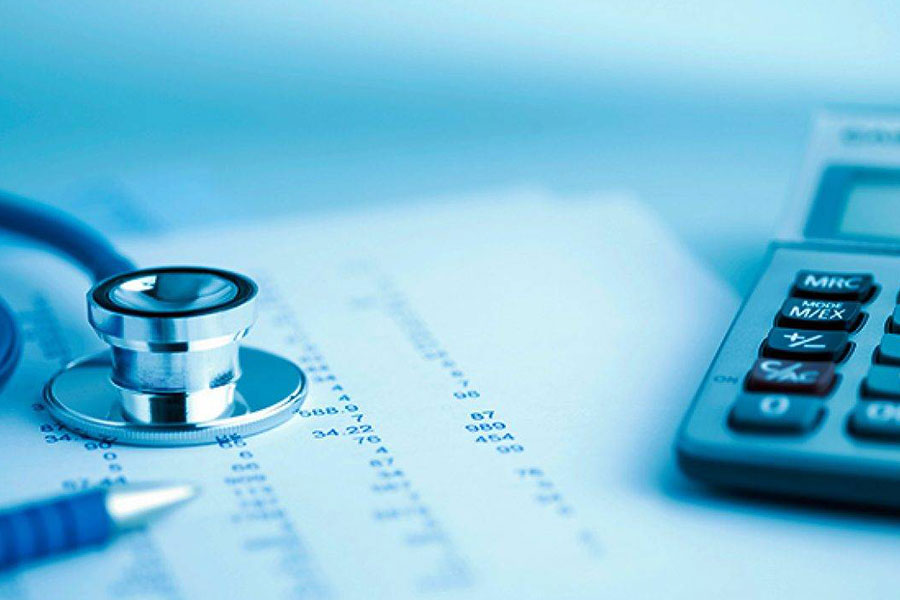
Fortune News | Aug 21,2021

My Opinion | 130345 Views | Aug 14,2021

My Opinion | 126659 Views | Aug 21,2021

My Opinion | 124660 Views | Sep 10,2021

My Opinion | 122395 Views | Aug 07,2021

Dec 22 , 2024 . By TIZITA SHEWAFERAW
Charged with transforming colossal state-owned enterprises into modern and competitiv...

Aug 18 , 2024 . By AKSAH ITALO
Although predictable Yonas Zerihun's job in the ride-hailing service is not immune to...

Jul 28 , 2024 . By TIZITA SHEWAFERAW
Unhabitual, perhaps too many, Samuel Gebreyohannes, 38, used to occasionally enjoy a couple of beers at breakfast. However, he recently swit...

Jul 13 , 2024 . By AKSAH ITALO
Investors who rely on tractors, trucks, and field vehicles for commuting, transporting commodities, and f...

Jun 7 , 2025
Few promises shine brighter in Addis Abeba than the pledge of a roof for every family...
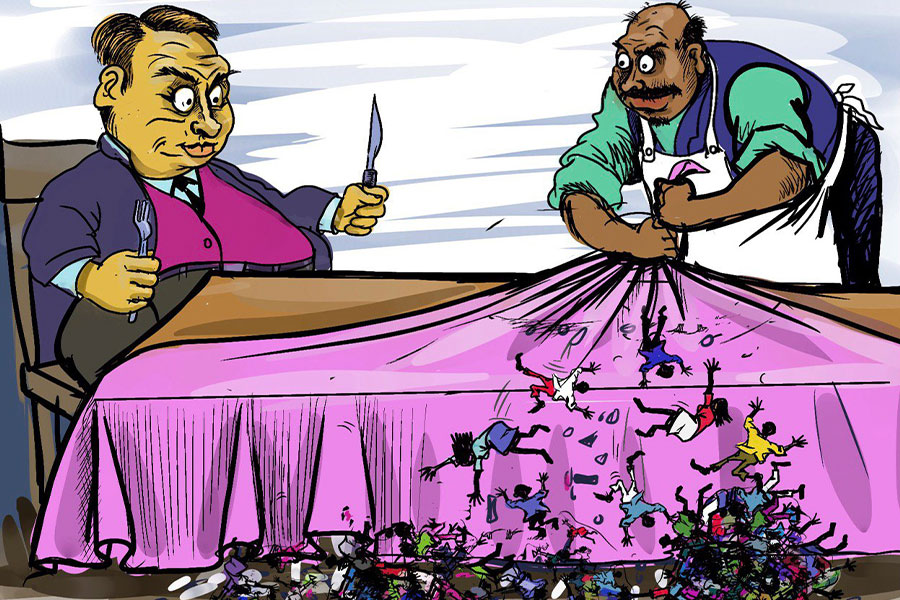
May 31 , 2025
It is seldom flattering to be bracketed with North Korea and Myanmar. Ironically, Eth...

May 24 , 2025
Public hospitals have fallen eerily quiet lately. Corridors once crowded with patient...

May 17 , 2025
Ethiopia pours more than three billion Birr a year into academic research, yet too mu...

Jun 7 , 2025
Wegagen Capital Investment Bank, one of the first two standalone investment banks, launched operations on June 2, 2025, at the Hilton Addis...

Jun 8 , 2025 . By BEZAWIT HULUAGER
Investors will soon find that physical paper certificates for government bonds and Central Bank securitie...
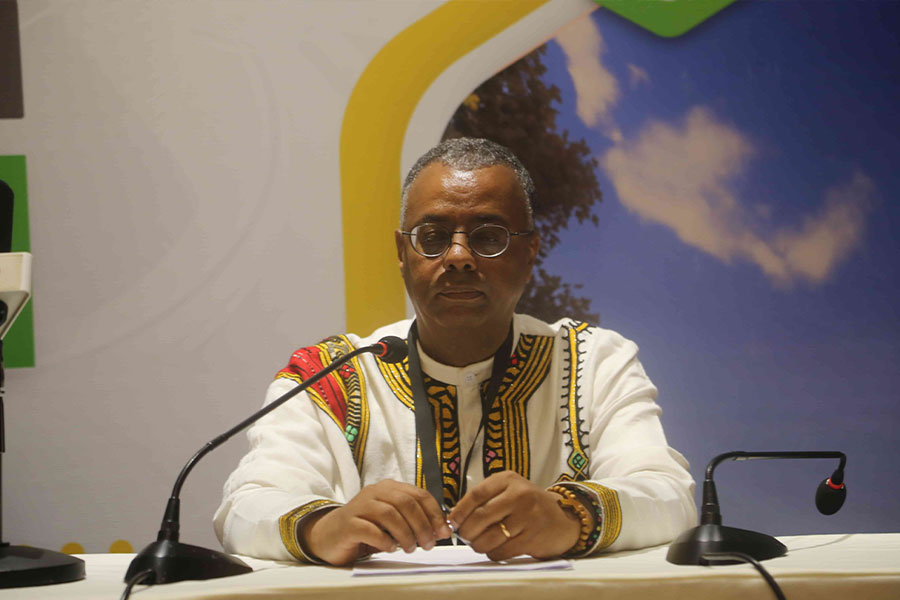
Jun 8 , 2025 . By NAHOM AYELE
In a fresh blow to the embattled Purpose Black S.C., the Ministry of Revenues has demanded over half a bi...
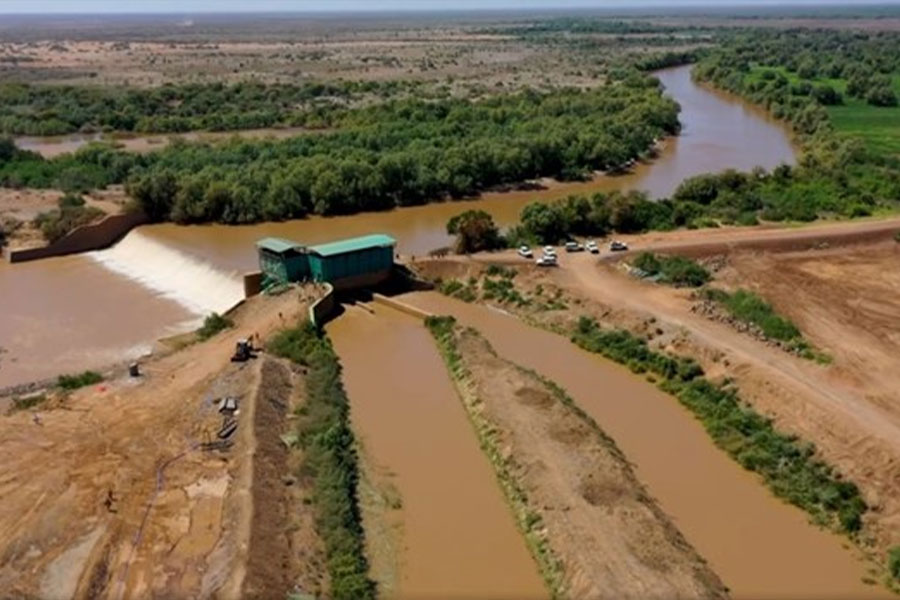
Jun 8 , 2025 . By BEZAWIT HULUAGER
Horizon Plantations Plc, a subsidiary of MIDROC Investment Group, is launching a major agricultural proje...